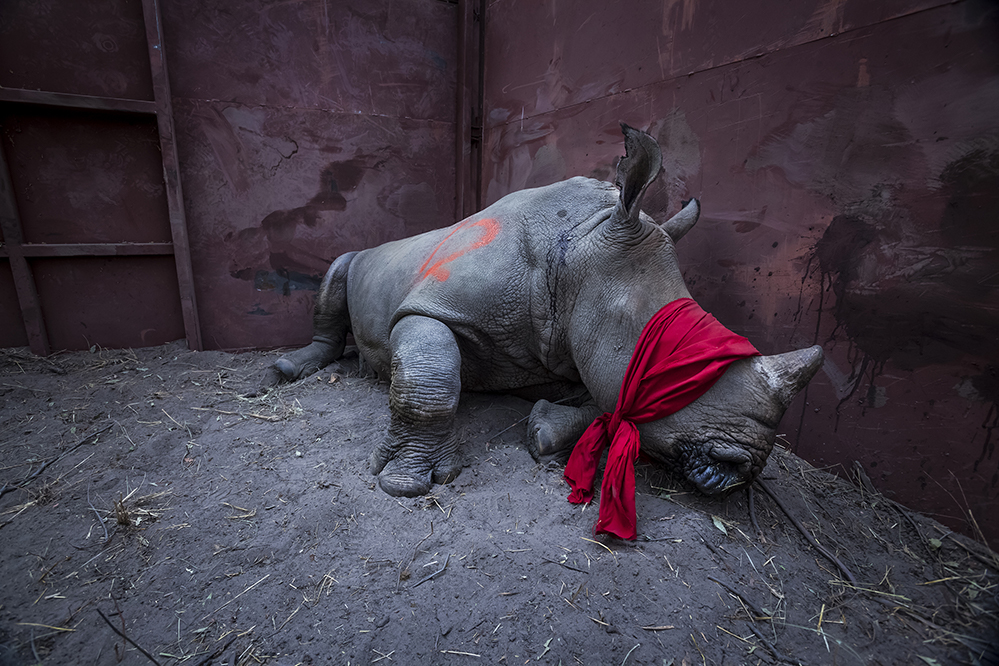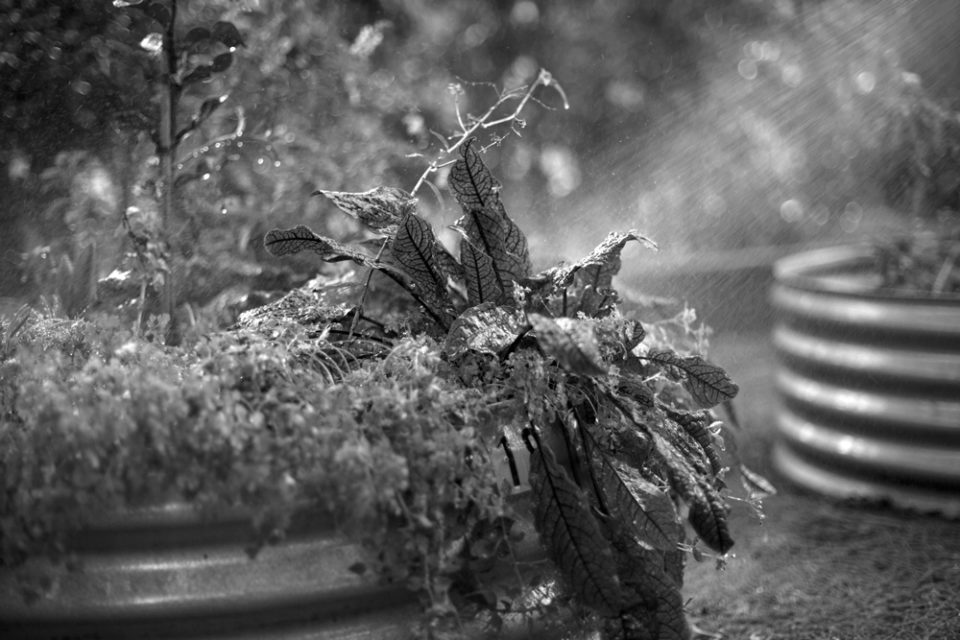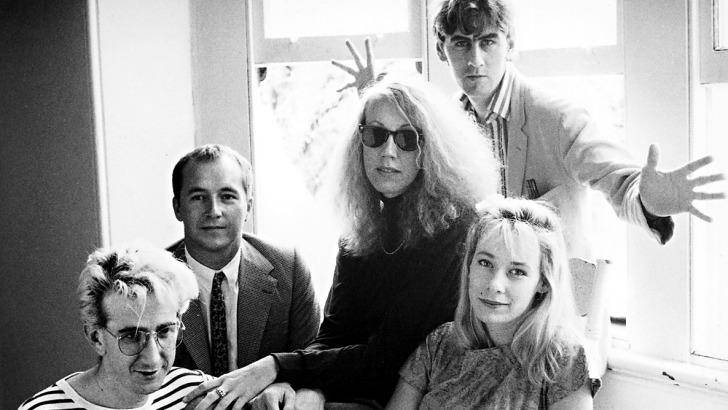In 2004, I won a place in the World Press Photo exhibition for underwater images of Sydney that a judge in Amsterdam told me she had fought for, against another judge who despised them. I was touched. Back then, all the photographers had agency representation. Now, only a handful do. It’s a sad indictment of the current state of photojournalism. Despite this strange new world of fake news, curated feeds and social media algorithms, what remains is a dogged, if not niche, passion for photojournalism.
This year’s exhibition reveals some dark truths of the human condition; a woman lying in her own blood amongst fallen postcards on London Bridge, a naked child being carried from the bombed wasteland of Mosul, bodies of drowned Rohingya refugees.
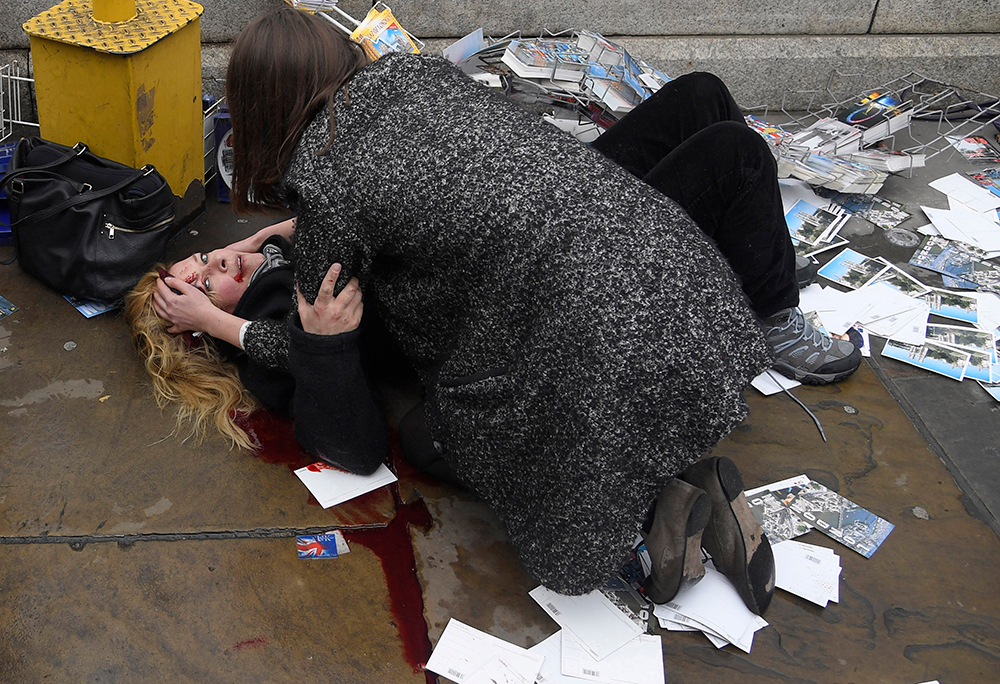
‘Witnessing the Immediate Aftermath of an Attack in the Heart of London’ © Toby Melville, Reuters
You don’t have to be a photographer to appreciate the World Press Photo exhibition, free at the State Library of NSW. The images are more than technically decent snaps; they’re visual poetry, revealing the current state of our world.
Sports images fill the first room. An aerial of the Marathon de Saab, depicting ultra-marathoners running through desert sands. Kid jockeys ride horses bareback in Sumbawa, ex-guerilla fighters in Columbia play football.
The next room contains nature and environmental images; global warming in Antarctica, mass production of vegetables in Holland, recycling of waste, deforestation in the Amazon.
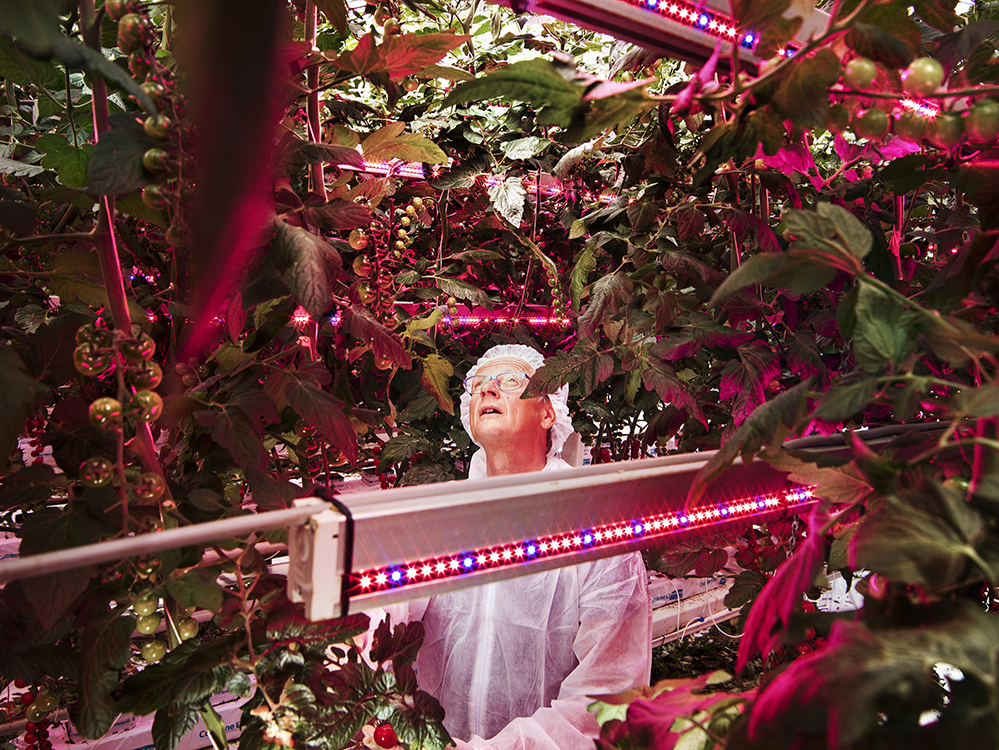
‘Hunger Solutions’ © Luca Locatelli, for National Geographic
Next are contemporary stories, long term projects and portraits; of Boko Haram teenage suicide bomb survivors, young girls in Cameroon having their breasts bound, a woman inspecting her vagina after gender reassignment surgery.
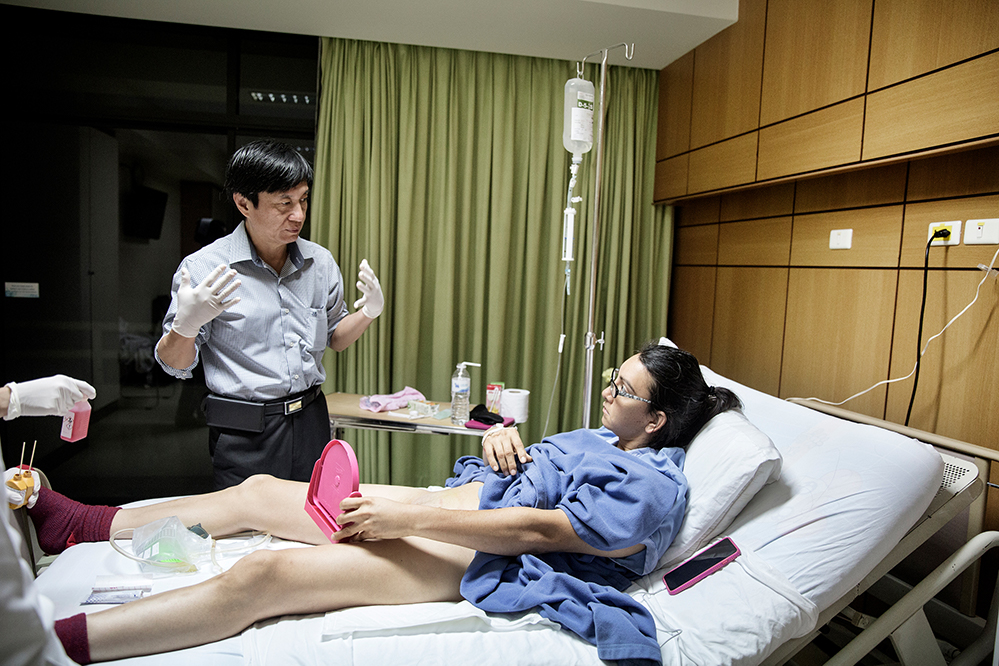
‘More Than a Woman’ © Giulio Di Sturco
The last room contains the news images. It’s bleak. Here we see the winning image; a young Venezuelan protester on fire.
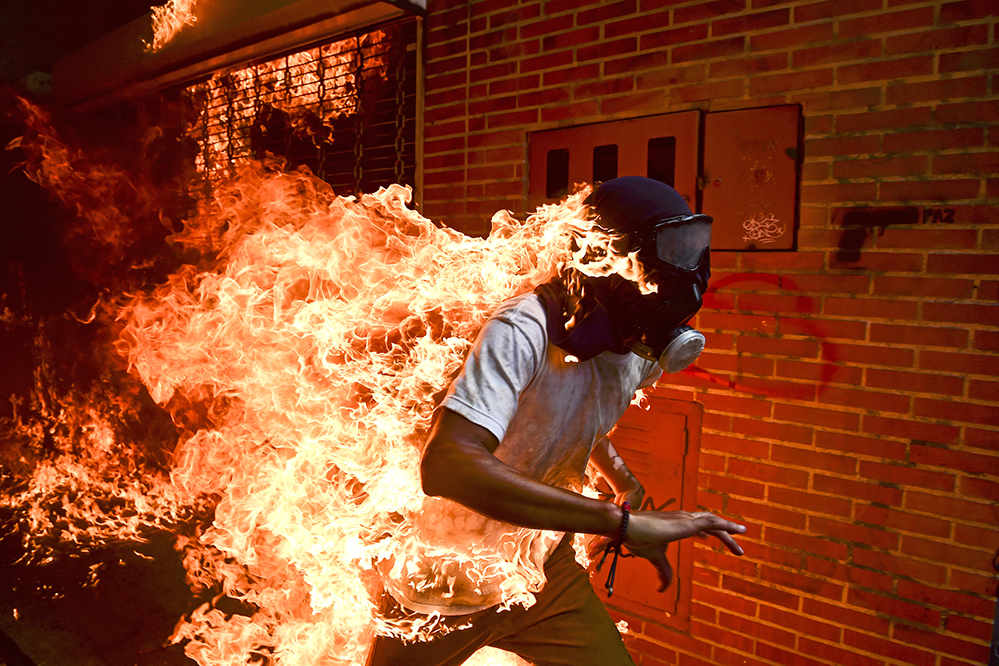
‘Venezuela Crisis’ by © Ronaldo Schemidt, Agence France-Presse
Refugees in Bangladesh watch their village burn across the river in Myanmar. In freezing Belgrade, Afghan refugees try to survive. A naked child is carried from the rubble in Mosul. I’m unable to rearrange my expression to that of a nonchalant viewer as I leave this room.
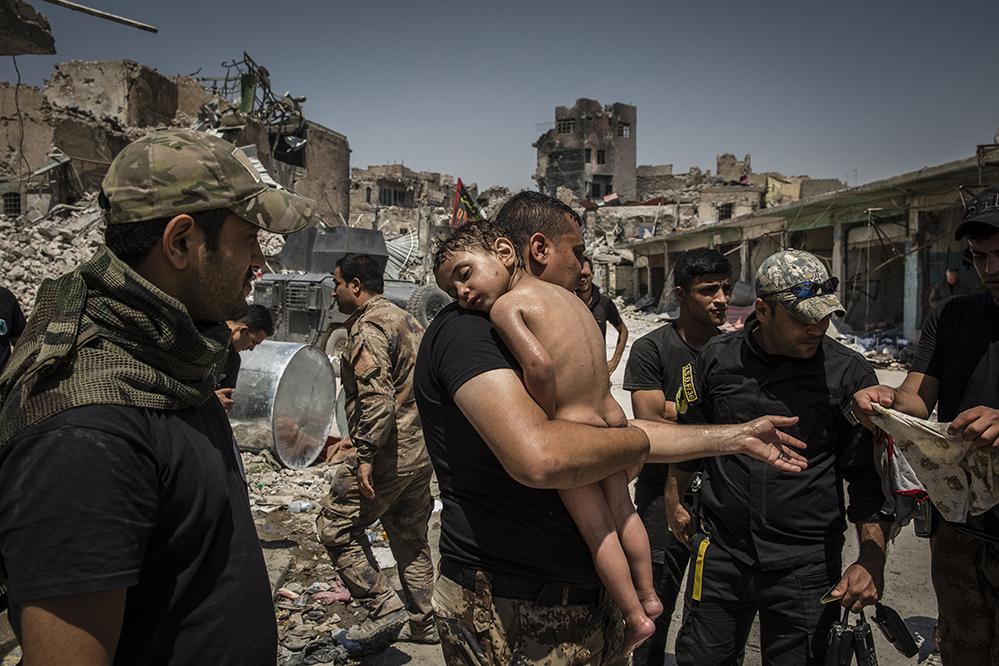
‘The Battle for Mosul – Young Boy Is Cared for by Iraqi Special Forces Soldiers’
© Ivor Prickett, for The New York Times (the child in this image was later adopted by the soldier carrying him.)
When I fall asleep that night the images return. Strangely enough, I think of the face of a Japanese garbage man, in the environmental series “Wasteland”, documenting rubbish disposal across nations. The man’s face seems the very picture of sadness.
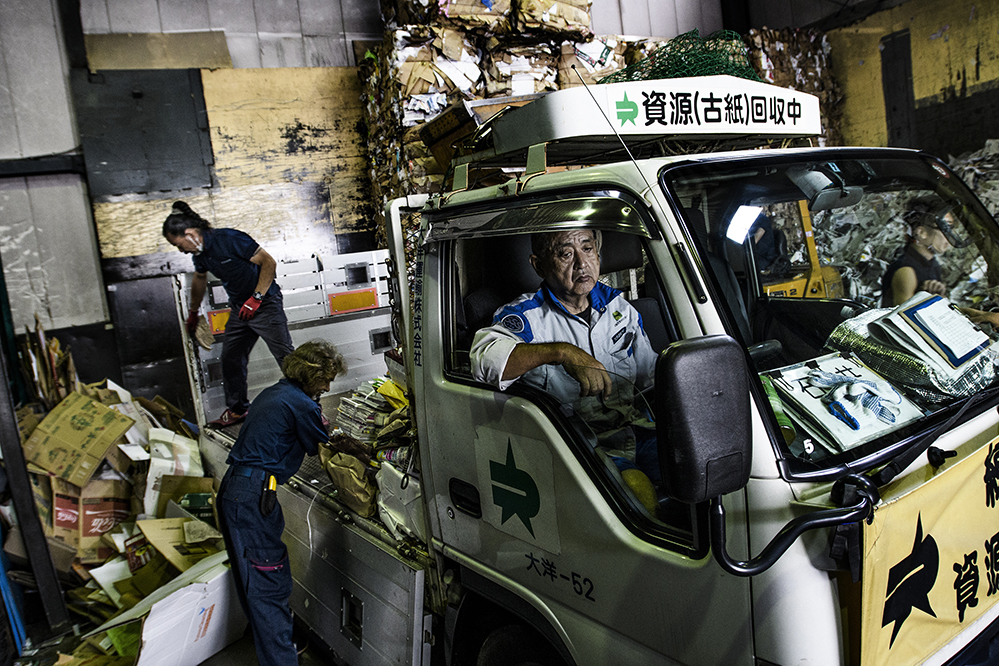
‘Wasteland’ © Kadir van Lohuizen, NOOR Images
This is the stuff of nightmares; the desperate exodus of peoples, burning homelands, massacres, a planet drowning in waste, heads that turn the other way. But it’s our world; sometimes terrifying, sometimes beautiful, oftentimes heartbreakingly sad. We must not look away.
The World Press Photo exhibition is at the State Library on Macquarie Street until Sunday 24 June. Weekend opening hours are 10am to 5pm both days. Entry is free.


